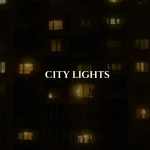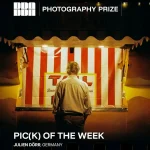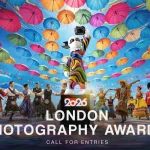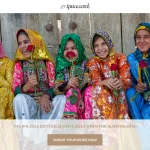Welcome to Deartline’s comprehensive calendar of Night Photography Contests from around the globe. Night photography presents a unique creative challenge — capturing compelling images when natural light is limited or absent. This page features a curated selection of night photography competitions that reward technical control, artistic vision, and the ability to tell stories after dark.
From long exposures to astrophotography, these contests showcase work across a wide range of styles and subjects, all united by their relationship with the night.
Next night photo contest
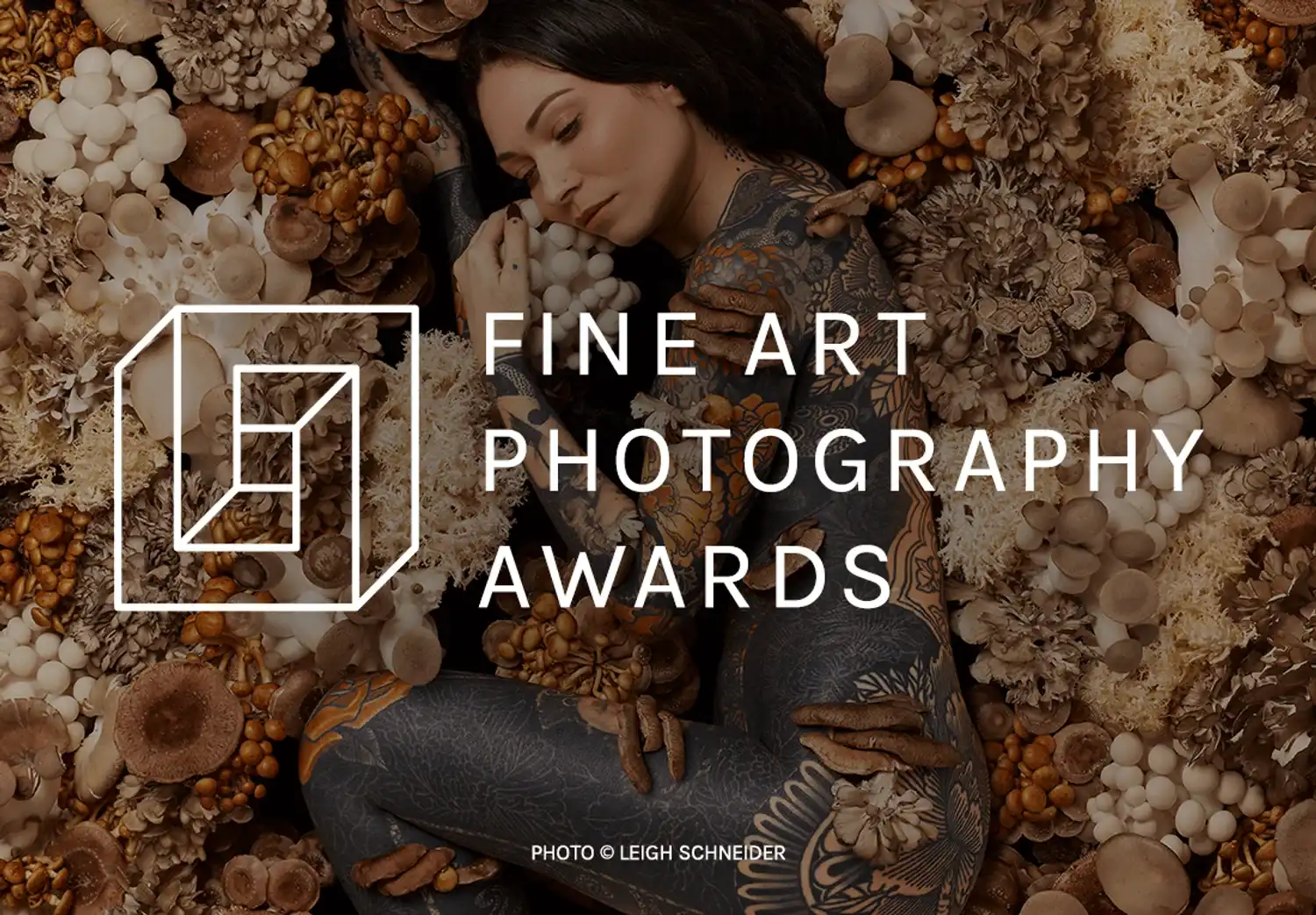
12th Fine Art Photography Awards 2025
List of night photography competitions
Explore our regularly updated list of night photography competitions and night photography open calls. The listings are organized by deadline, making it easy to find the perfect opportunity to showcase your after-dark photography skills. Dive into the world of nocturnal photography competitions and discover prestigious night photography contests around this theme.
Do you know of a night photo contest that is not listed here? Share it with us, and we’ll include it in our growing resource.
February 2026
March 2026
April 2026
May 2026
June 2026
September 2026
Why Enter Night Photography Contests?
Entering a night photo competition offers more than just the chance to win prizes. It allows photographers to explore a less saturated genre, build distinctive portfolios, and gain exposure through platforms that value creative use of light, motion, and atmosphere.
The best night photography contests often provide:
Publication opportunities in niche magazines, websites, or exhibition catalogs
Awards and gear prizes, including categories for amateurs and professionals
Recognition from specialized juries, often including astrophotographers or fine art curators
Creative motivation, pushing participants to experiment with long exposure, artificial light, or new settings
Participating in these competitions can also connect you with an international community of photographers working in similar conditions — a niche where patience, planning, and timing are as essential as vision.
Types of Night Photography Contests
Not all contests evaluate night photography in the same way. Some focus on technical accuracy, others on creative interpretation. These are the most common types:
Astrophotography Awards
Focused on the night sky, planets, constellations, and deep-sky photography. Often include scientific or documentary components and require precise technical execution.
Urban Night Photography Competitions
Celebrate cities after dark — architecture lit by streetlights, light trails, or scenes of night life. These contests often reward visual impact and compositional clarity.
Light Painting and Experimental Long Exposure
Contests that welcome abstract or conceptual images created through controlled light techniques. Great for photographers who work creatively with slow shutter speeds, movement, and custom lighting setups.
Documentary and Cultural Night Photography
Highlight human presence in low light: rituals, festivals, nightlife, or environmental storytelling. These competitions often reward context as much as image quality.
Some contests are open to all night photography styles, while others define specific categories. Understanding the difference helps ensure your work fits the judging criteria.
What Do Judges Look For?
Although themes and styles vary, successful submissions in night photography contests often have certain shared qualities:
Mastery of exposure and light control, including clarity, contrast, and sharpness
Strong composition, especially in the use of space and color in low-light settings
Minimal noise or well-managed grain, depending on style
Conceptual or narrative intent, not just technical execution
Originality, especially in genres like light painting or deep-sky imagery
When applicable, a concise caption or story behind the image can provide helpful context — particularly in documentary and cultural competitions.
How to Prepare for a Night Photography Contest
Whether you’re submitting a single photo or a series, preparing your work for a contest requires attention to both presentation and purpose. Some general advice:
Review each contest’s guidelines carefully, especially image format, size, and submission process
Curate with intention: select work that fits the theme, but also shows your personal style
Balance aesthetic and technical quality: editing should enhance the image, not hide flaws
Include captions if allowed, especially for culturally or scientifically relevant content
Explore both paid and free competitions to expand your reach without overinvesting
Many night photo challenges also accept mobile entries or work created with basic equipment — technique and creativity still outweigh gear in many categories.
What Can You Win?
Awards vary by contest, but may include:
Cash prizes or photography gear
Features in international exhibitions or festivals
Publication in online and print media
Access to professional networks, workshops, or mentorships
Long-term collaborations with scientific or cultural institutions (especially for astrophotography)
Even if you don’t win, being shortlisted or selected for exhibition can open doors to future opportunities.
Gear and Equipment for Night Photography Challenges
Preparing for night photography contests and night photo challenges requires the right gear. Here’s a basic list:
- DSLR or Mirrorless Camera: A camera with good low-light performance is essential. Look for cameras with a high ISO range and a large sensor to capture clean images with minimal noise.
- Wide-Angle Lens: Ideal for capturing expansive nightscapes and star trails. Consider lenses with a wide aperture (f/2.8 or lower) to let in more light.
- Tripod: A sturdy tripod is crucial for long exposures. Choose a tripod that is stable and lightweight, making it easy to carry around in the dark.
- Remote Shutter Release: Minimizes camera shake during long exposures. This can be a wired remote or a wireless one, depending on your preference.
Having the right equipment can significantly enhance your night photography experience and improve your chances of success in night photo contests and night photography competitions.

